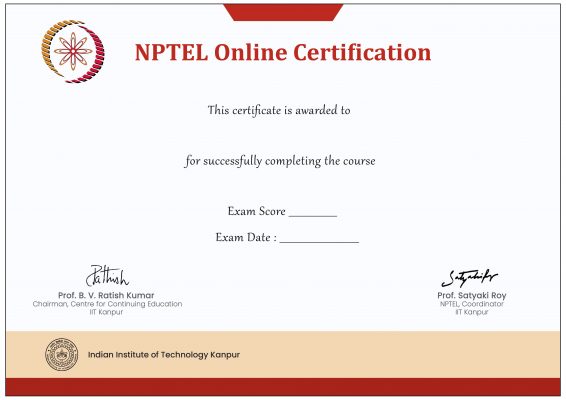Description
Any data analysis is incomplete without statistics. After getting the data, the statistical tools aims to extract the information hidden inside the data. The main objective of statistics is to work on a small sample of data but provide conclusions for the whole population. Such results cannot be obtained without learning the concepts and tools of theory of probability and statistical inference. With the advent of data science, it has become important to learn those tools from computational and data based aspects. Without learning the basic fundamentals of probability theory and statistical inference, it is difficult to implement them correctly on the data and draw correct statistical conclusions. Such fundamental topics have enormous applicability in data science and are to be learnt from data based computational perspectives through software. How to use them with the popular and freely available R statistical software and how to understand the correct statistical inferences is the objective of the course to be taught.
INTENDED AUDIENCE
UG students of Science and Engineering. Students of humanities with basic mathematical and statistical background can also do it. Working professionals in analytics can also do it.
PREREQUISITES
INDUSTRIES SUPPORT
ABOUT THE INSTRUCTOR

Dr. Shalabh is a Professor of Statistics at IIT Kanpur. His research areas of interest are linear models, regression analysis and econometrics. He has more than 23 years of experience in teaching and research. He has developed several web based and MOOC courses in NPTELincluding on regression analysis and has conducted several workshops on statistics for teachers, researchers and practitioners. He has received several national and international awards and fellowships. He has authored more than 75 research papers in national and international journals. He has written four books and one of the book on linear models is co- authored with Prof. C.R. Rao.



Reviews
There are no reviews yet.